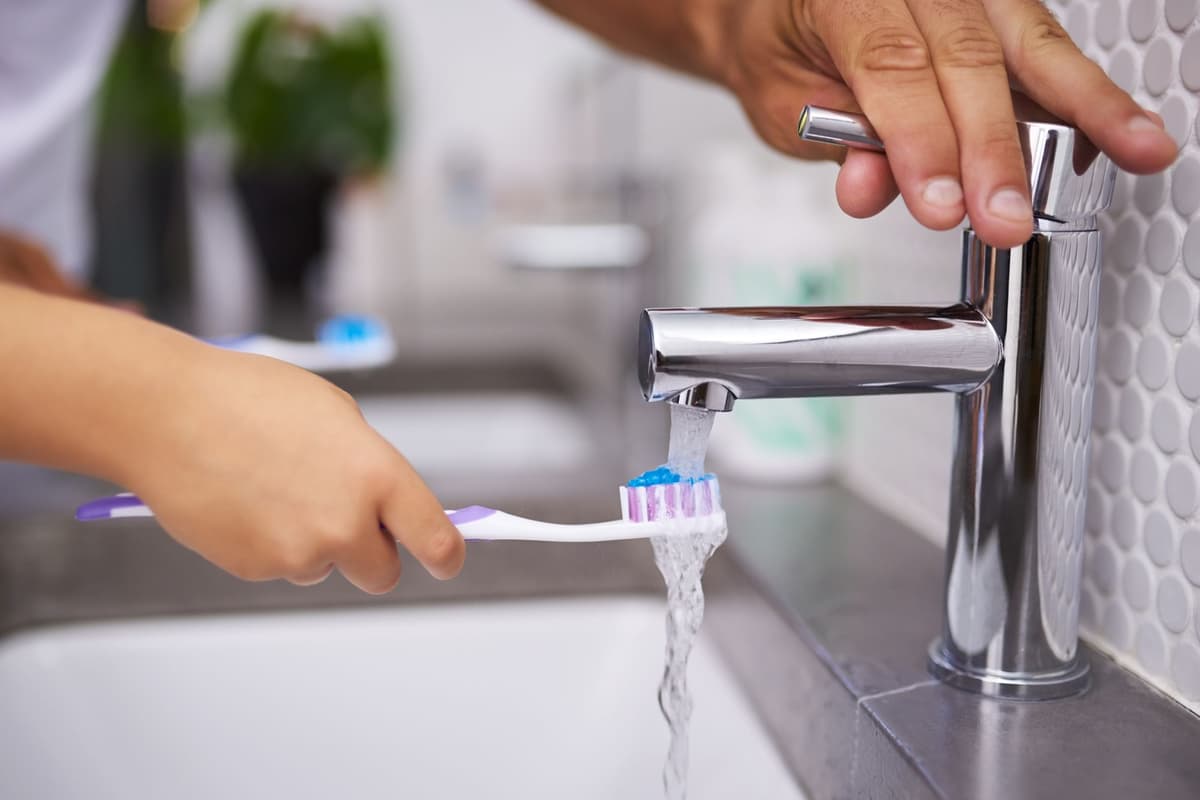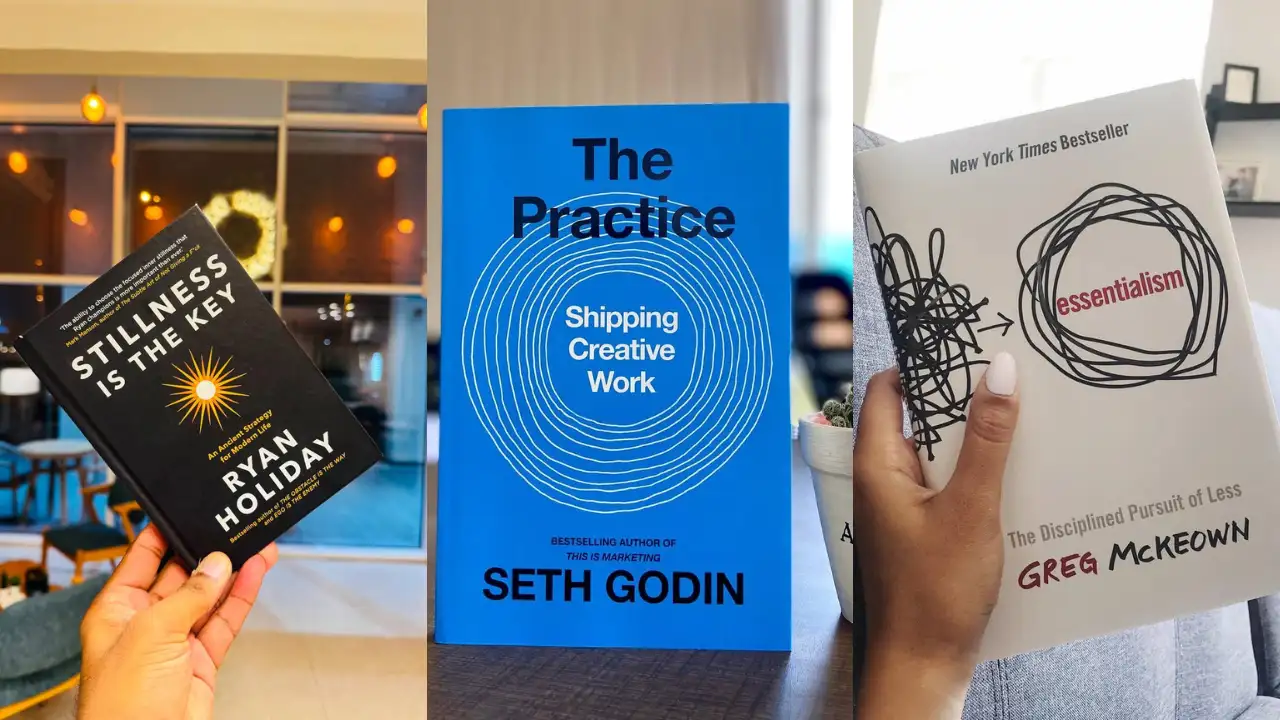Copyright glasgowworld

Users will answer a series of questions to uncover whether they’re a meticulous finisher or a ‘good enough’ type - from household chores to self-care routines. It follows research of 2,000 adults which revealed millions of Brits admit they cut corners in everyday tasks – with domestic cleaning chores the most likely to be left 'half done'. The poll found 67 per cent regularly only complete part of a task before moving on to something else – including putting away groceries, doing the dishes and personal grooming. Flossing, filing documents and making the bed are other tasks they rush through. While 35 per cent have left a room half-tidied, 27 per cent have had a ‘quick freshen up’ instead of a shower – and 26 per cent haven’t bothered finishing a book or TV show. The study also revealed of those who cut corners, 36 per cent do so because they run out of time. The research was carried out by oral care brand, TePe, which is urging people to not take shortcuts on their dental routine, and to update their two-minute brushing routine to embrace a three-minute clean to keep teeth and gums healthy. Dental therapist and head of clinical education, Miranda Pascucci, said: “Cutting corners can sometimes work, but not for oral care. Skipping interdental brushing means you only clean 60 per cent of the tooth surface – leaving 40 per cent at risk of bad breath, cavities, gum disease over time. “It can even increase the risk of wider health issues such as heart disease and Alzheimer’s. To stop taking shortcuts, I recommend opting for a three-minute cleaning routine – two minutes of brushing, with the extra minute dedicated to interdental cleaning for a truly whole-mouth clean, helping you avoid the impacts of doing half a job.” It was also revealed 29 per cent admitted to not finishing tasks properly due to prioritising other things. However, 56 per cent don’t think about the long-term effects taking shortcuts could have. Almost a third (32 per cent) have found not properly completing a task has ended up with them having to re-do it, leaving them feeling stressed or guilty – or even wasting money. When it comes to brushing teeth, 22 per cent of people revealed they only do this once a day – half the amount of what’s recommended by the NHS. Of those who skip brushing their teeth, 36 per cent do so because they’re in a rush and 23 per cent because they’re too tired. Cleaning between the teeth is a regular corner that’s cut, with 39 per cent never using interdental brushes. While 43 per cent of those polled have experienced tooth sensitivity and 37 per cent bleeding gums as an adult. Cavities (34 per cent), tooth discolouration (32 per cent) and gum recession (28 per cent) were also reported, according to the OnePoll.com data. Dr Venetia Leonidaki, a consultant clinical psychologist, has offered her insight into why people take shortcuts. She said: “We face countless decisions and competing tasks every day, which is why human beings need to be economical with their resources, saving time and energy whenever possible. We may find ourselves cutting corners even more with daily mechanical tasks, such as household chores or personal grooming routines. Routines and a stable environment, rather than seeking rewards, are the main drivers of mechanical tasks. “During such tasks, we often overestimate the effort needed and underestimate their value, making us more prone to skip things that are important. Completing a task programmes us to view ourselves as competent and accomplished and the sense of satisfaction we experience detects a surge in dopamine. Whereas unfinished tasks can make us feel overwhelmed and leave us with a sense of failure, having the opposite result.” Top 20 tasks Brits cut corners on 1. Cleaning the house 2. Tidying up 3. Vacuuming 4. Organising a drawer 5. Making the bed 6. Ironing 7. Washing the car 8. Sorting emails 9. Filing documents 10. Watering plants 11. Laundry 12. Putting away groceries 13. Personal grooming 14. Admin or paperwork 15. Flossing/using interdental brushes 16. Doing the dishes 17. Meal prepping 18. Cooking 19. Packing a bag (e.g. for a trip) 20. Tasks at work



